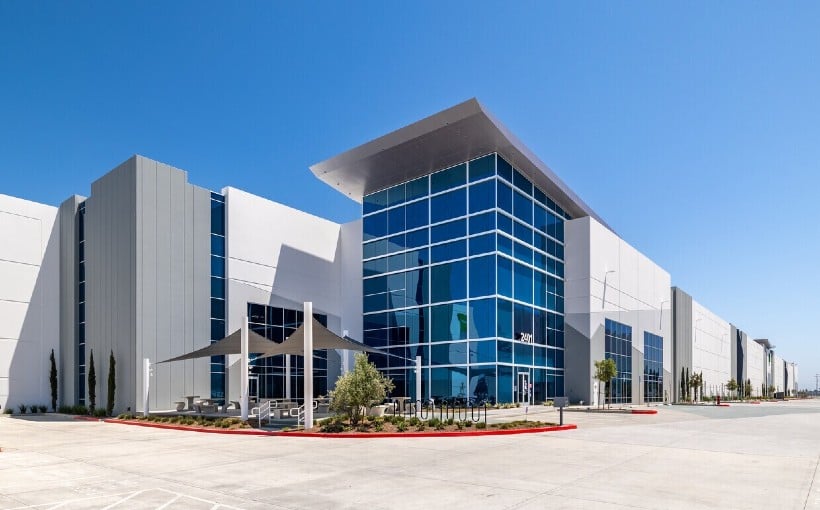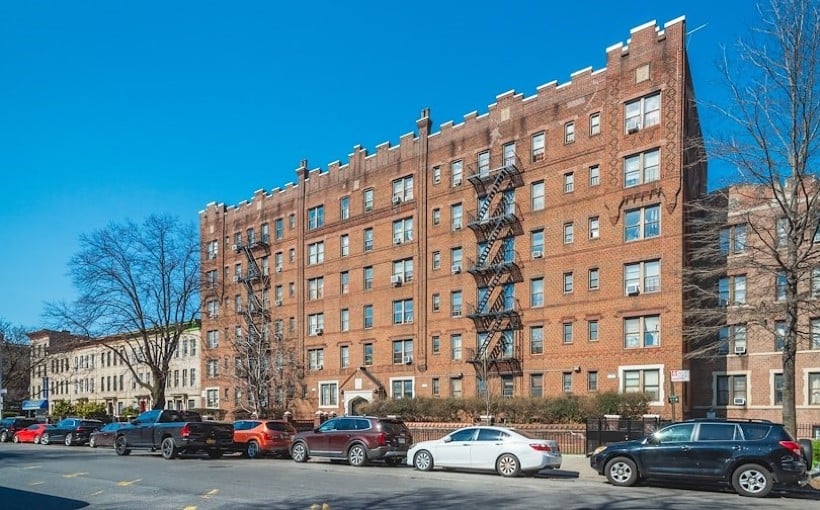The Federal Reserve recently announced its decision to maintain the Effective Federal Funds Rate (EFFR) at 5.25% to 5.5%, citing a solid pace of economic expansion, continued job gains, and a strong banking system in the United States. This decision was made despite an increase in the Consumer Price Index by 3.7% through August of that year, which was higher than expected due to rising gas prices and other factors.
According to a report from Marcus & Millichap titled “Core Inflation Continues to Cool: Implications for Housing, Industrial and Retail Space,” there may be concerns about potential price hikes based on certain metrics; however, experts believe that inflation is still on a downward trend overall.
The report also discusses how inflation has affected various sectors such as multifamily housing where rent growth has slowed down but is expected to continue with more units being delivered throughout the year. In industrial real estate, increased demand from manufacturing companies could help offset challenges posed by rising diesel fuel costs while retail properties have performed well so far but may face some challenges if consumer spending decreases due to higher gas prices.
Overall, while there are some concerns about inflation’s impact on commercial real estate (CRE), experts remain optimistic about its long-term effects on different sectors within CRE such as multifamily housing and industrial space.
In summary:
– The Federal Reserve maintains EFFR at current range despite an increase in CPI.
– Experts predict overall downward trend for inflation.
– Multifamily rents have slowed down but are expected pick up with new unit deliveries.
– Increased demand from manufacturing sector could help offset challenges in industrial space caused by rising fuel costs.
– Retail properties performing well currently but may face difficulties if consumer spending decreases due high gas prices.




